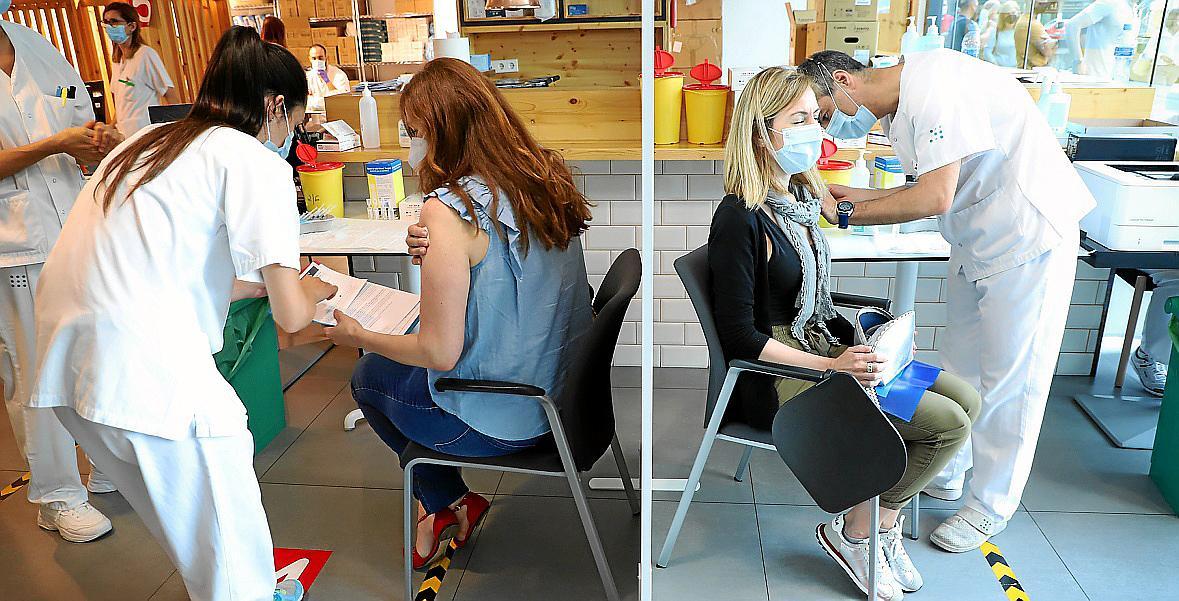In order to achieve the target of reaching immunisation of 70% of the population, the health service is having to deal with what is a chronic shortage of nurses. Different solutions are being found. One is the re-employment of retired nurses under the age of 70; another is that there will be around 100 student nurses graduating in the middle of June.
In the Balearics, the ratio of nurses to population is 5.5 for every 1,000 people; one of the lowest in the country. The SATSE nurses union says that conditions offered in the Balearics are not the most favourable. There are more nursing jobs available this summer because of Covid, the general secretary of the union, Jorge Tera, explains, but requirements are still not being met.
He suggests that there should be a register of volunteers for the holiday periods. "There are people who are willing to do extra shifts," he notes, adding that the private sector also needs to be sounded out.
The president of the College of Nurses in the Balearics, Maria José Sastre, agrees that there is a chronic shortage. This is being aggravated by the vaccination programme, the need for cover and for nurses to have time off. She accepts that there has never been 100% summer cover but points out that "we can't neglect all the activity that is being recovered after a year or so, such as face-to-face consultations and surgery".


1 comment
To be able to write a comment, you have to be registered and logged in
The comment “The nurses need their holiday “, sums up one of the many reasons why the vaccination programme in Majorca has gone wrong and tourism has collapsed. It’s an attitude of mind. In the UK there is a tradition of public duty and service and as well as professional medics and nurses and the army there are millions of ordinary people volunteering to staff the vaccination centres to assist and help process people through the vaccination system. Follow the UK and Majorca could achieve so much more and rescue its tourist season.